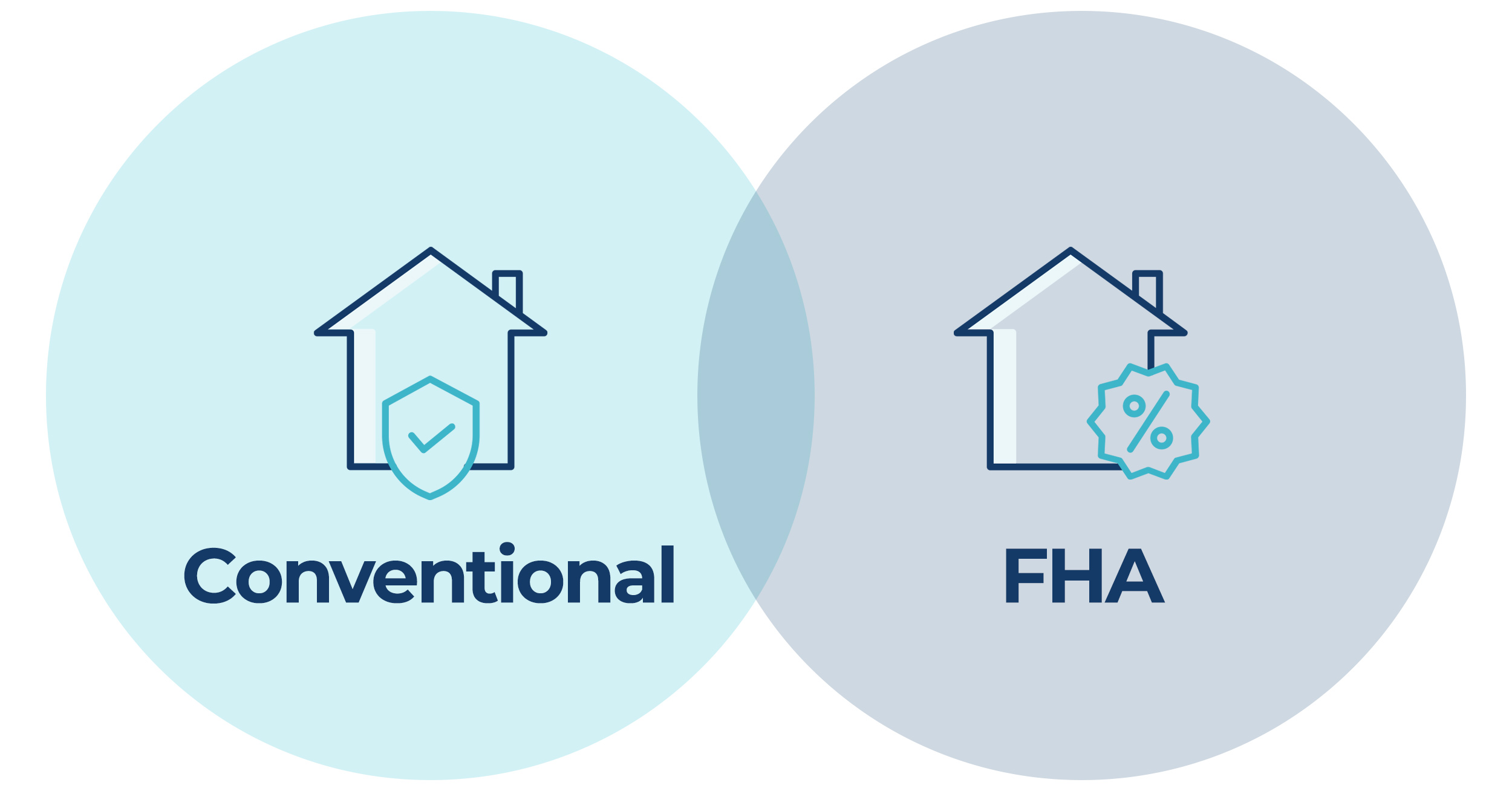
You should understand how a home equity line-of-credit works if you are considering borrowing it. This type is secured by your home, and comes with a fixed interest rate and repayment term. You must own your home and have equity. This means that the amount you owe on the home must be less than its market value. To determine if you're a good candidate, your lender will also look at your credit score and debt to income ratio.
Revolving credit secured with your home
A home equity loan of credit (or HELOC) is a line of credit that allows you to borrow against your equity. This credit can be used to consolidate high-interest debts or pay off large debts. You can also deduct the interest from these loans.
Home equity lines of credit are only available to those who own their home and have fair equity. Your total home equity must not exceed its market value. Lenders will also examine your debt-to–income ratio, credit scores, and history in paying your bills on schedule.

A home equity credit line can be used to help pay for major expenses, such as home repairs, medical bills, and education. The line of credit may be able to help you pay your monthly expenses. However, it is important that you understand the risks. Make sure you have an emergency fund in case you need to borrow more money than you can repay.
Repayment period
The repayment period for a home equity line of credit depends on the amount of the loan and the equity in the home. While the maximum loan amount for all borrowers is the same, the repayment term will vary depending upon the total loan amount and how much equity the home has. You can calculate the repayment period for a HELOC by doing some quick calculations.
There are two major phases in the repayment period for a home equity line of credit. The first is the draw period, which usually lasts 10 to 15 years. During this period, interest and principal payments will be made to the line of credit. After the draw period ends, the repayment period starts.
Each lender will have a different repayment period for a home-equity line of credit. For example, a HELOC may allow you to make interest-only payments during the draw period, and a home equity payment plan may allow you to make principal-and-interest payments after the draw period. This will lower your monthly payments.

Rate of interest
A home equity line credit's interest rate can be variable. The margin is determined by several factors, such as the loan to worth ratio, credit qualification and property condition. The interest rates are usually lower at the beginning of a loan, but they can rise over time to higher rates.
The maximum amount that you can borrow on a line of credit for home equity depends on your home value, the amount of your mortgage debt, and your income. This simple calculation can help you estimate how much money you can borrow. For example, if you owe 50% of the value of your home, you could borrow up to $20,000.
The five-year interest rate on a home equity line is competitive with other rates. But, a five years repayment term will mean that the interest rate will be lower, but that you will have to pay more monthly. Your credit score will determine the rate. The lowest rates are usually available for qualified borrowers who have a loan-to value ratio of at least 80%. Credit scores of 740 and higher are required in order to qualify.
FAQ
How much does it cost to replace windows?
Replacing windows costs between $1,500-$3,000 per window. The cost to replace all your windows depends on their size, style and brand.
How can you tell if your house is worth selling?
It could be that your home has been priced incorrectly if you ask for a low asking price. If your asking price is significantly below the market value, there might not be enough interest. Get our free Home Value Report and learn more about the market.
What is a Reverse Mortgage?
Reverse mortgages are a way to borrow funds from your home, without having any equity. This reverse mortgage allows you to take out funds from your home's equity and still live there. There are two types available: FHA (government-insured) and conventional. Conventional reverse mortgages require you to repay the loan amount plus an origination charge. If you choose FHA insurance, the repayment is covered by the federal government.
What are the downsides to a fixed-rate loan?
Fixed-rate loans are more expensive than adjustable-rate mortgages because they have higher initial costs. A steep loss could also occur if you sell your home before the term ends due to the difference in the sale price and outstanding balance.
Statistics
- Private mortgage insurance may be required for conventional loans when the borrower puts less than 20% down.4 FHA loans are mortgage loans issued by private lenders and backed by the federal government. (investopedia.com)
- Over the past year, mortgage rates have hovered between 3.9 and 4.5 percent—a less significant increase. (fortunebuilders.com)
- Based on your credit scores and other financial details, your lender offers you a 3.5% interest rate on loan. (investopedia.com)
- Some experts hypothesize that rates will hit five percent by the second half of 2018, but there has been no official confirmation one way or the other. (fortunebuilders.com)
- This means that all of your housing-related expenses each month do not exceed 43% of your monthly income. (fortunebuilders.com)
External Links
How To
How to find real estate agents
Real estate agents play a vital role in the real estate market. They are responsible for selling homes and property, providing property management services and legal advice. Experience in the field, knowledge of the area, and communication skills will make a great real estate agent. For recommendations, check out online reviews and talk to friends and family about finding a qualified professional. Local realtors may also be an option.
Realtors work with homeowners and property sellers. A realtor's job it to help clients purchase or sell their homes. Apart from helping clients find the perfect house to call their own, realtors help manage inspections, negotiate contracts and coordinate closing costs. A majority of realtors charge a commission fee depending on the property's sale price. Unless the transaction closes however, there are some realtors who don't charge a commission fee.
The National Association of Realtors(r), or NAR, offers several types of agents. Licensed realtors must pass a test and pay fees to become members of NAR. The course must be passed and the exam must be passed by certified realtors. Accredited realtors are professionals who meet certain standards set by NAR.